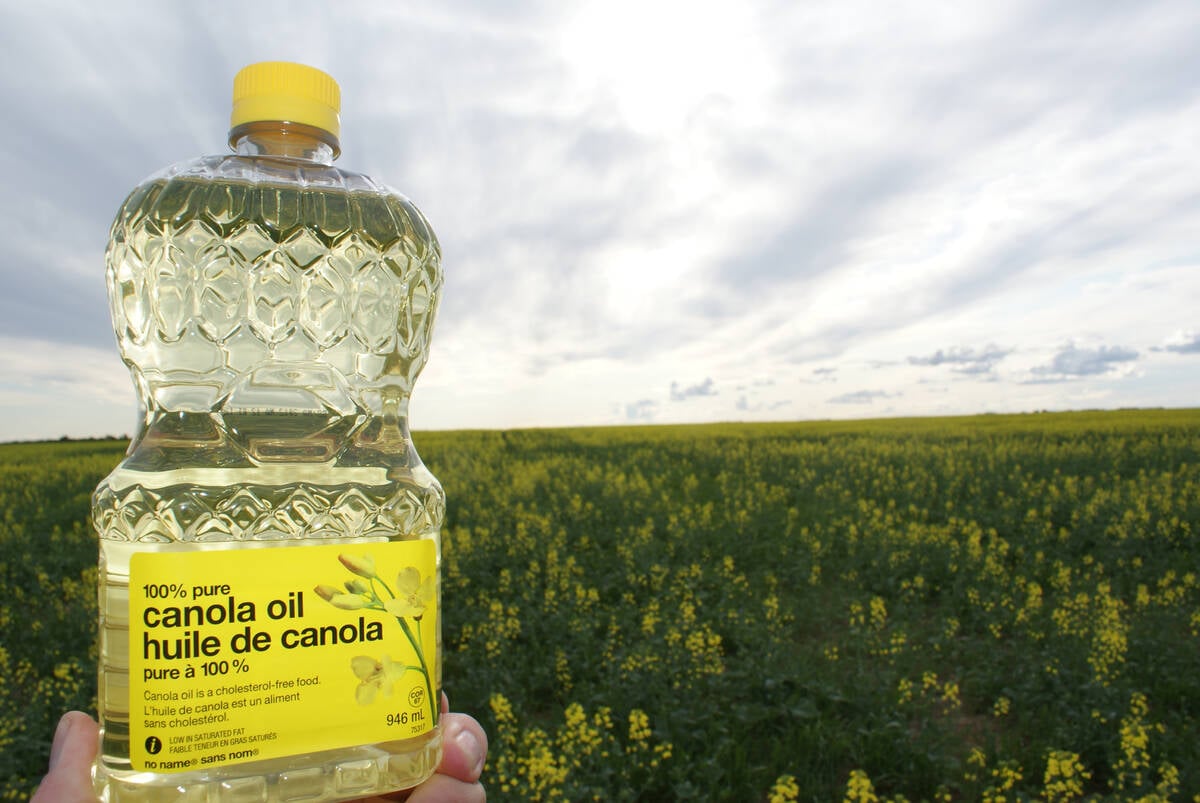An insurance type program could be a better way for the Canadian Grain Commission to provide producer security in the event of a grain company folding, says chief commissioner Elwin Hermanson.
“I think there’s a better formula that would reduce the cost to producers and perhaps could even provide them with greater security,” he said in a recent interview after questions were raised at a Western Canada Farm Progress Show meeting.
He said the commission holds $500 million in security at any one time, depending on the number of licensed companies.
Read Also

Rising vegetable oil demand may offset bad biofuel news
Global biodiesel/renewable diesel production is expected to decline for the first time in a decade. Bad timing for a canola industry looking for new markets.
The security is required to pay producers if a company fails.
However, Hermanson said the system isn’t fool proof.
“In fact, we can’t assure that 100 percent of the time there is 100 percent security for 100 percent of liability,” he said.
“That’s the weakness of the security program.”
The federal government had introduced legislation that would have taken away the commission’s responsibility for security, but it was never passed.
Hermanson said he didn’t know if it would be reintroduced now that there is a majority government.
However, he said an insurance type program might work better, no matter who provides security. It wouldn’t have to anticipate that every company is going to fold or refuse to pay producers at the same time.
“It just makes sense,” Hermanson said.
Licensed companies now get a letter of credit or a bond from their lending institution to ensure they can put up their security. Larger companies are able to offset some of their liability by counting on inventory, but this doesn’t work for smaller companies and dealers.
An insurance type of system would likely reduce the cost and could provide more secure coverage, Hermanson said.
Only one or two companies fail each year and expose producers.
Ron Wells of RW Organic at Mossbank, Sask., asked at the Farm Progress Show meeting what the commission is prepared to do about buyers of organic grain who aren’t licensed and bonded.
“There’s a lot of companies that are sliding under the radar,” he said.
Hermanson said this is a nagging issue for the commission, and producers should be careful.
Forty-four companies and individuals have been identified as possibly doing business without the required license, but he said not everyone requires a license.
Feedlots, producer car loading facilities and those buying for feed and seed production don’t have to be licensed, he said.
As well, agents for licensed companies don’t have to be licensed.
Hermanson said the commission does investigate and often finds legitimate reasons why a buyer doesn’t have to have a license.
However, the matter can be referred to the RCMP and for prosecution if someone should be licensed and refuses.
Someone at the meeting asked about including canaryseed under the Canada Grain Act. No company
is licensed to buy the crop because it isn’t under the act.
Hermanson said the industry explored the possibility years ago but growers decided not to proceed.
“It seems like producers favoured the security but didn’t want to be under CGC grading,” he said.
Industry pressure could grow to include it if the crop becomes used for human consumption, but the legislation does not require food grain to be under the commission’s jurisdiction.
———
several















